Are your vendor maintenance contracts being co-termed?
We get it. Networks are complex. The majority of organisations today follow a multi-vendor approach to sourcing their infrastructure hardware. This allows them to choose the best product for each network component — core switches, branch-office switches, routers, WAN optimisation, VoIP, wireless and security. The downside of this approach is that each of these devices has a different vendor support agreement and renewal date which can be difficult to manage.
This is a problem that increases administrative costs and impacts business efficiency. How? Because purchase orders need to be raised for every piece of individual equipment. Some companies have hundreds of pieces of equipment, and so their order processing teams deal with multiple network-related purchase orders each week. Budgeting for renewals can also be challenging as costs vary from month to month, depending on the support agreements being renewed and currency exchange rate fluctuations. With so many agreements to keep track of, it’s easy to miss a contract renewal. This can lead to loss of service or support and have a detrimental impact on service delivery.
A good support provider will co-term vendor agreements into a single renewal date once a year. Doing so leads to lower administrative costs and time savings, and makes it easier to budget for renewals since they all fall on the same date.
How will you make sure we never miss an annual review?
Co-terming vendor agreements is great from an efficiency perspective. But if your support provider doesn't proactively inform you of when your renewal date is approaching, you could be caught out. For example, you might find out that renewals are due after it's too late to renegotiate vendor support agreements. This leaves you paying more than you should, or stuck with an agreement that was perfect 12 months ago but isn't quite the right fit today.
Or, you may end up with an unbalanced budget because you planned to pay for renewals in the following quarter (or forgot to include them in the budget at all). Either way, finding out about upcoming renewal dates too late is far from ideal. Your chosen support provider, therefore, should have established renewal notification processes so that:
You never miss an annual support renewal
You are notified about upcoming renewals well before they're due - and with ample time to renegotiate terms if required
You can accurately budget and plan for renewals
What experience do you have in managing multi-platform and multi-vendor ecosystems?
Picture this: something in your network isn't performing at its best. You need a resolution - and fast. Would you prefer to contact two or more third-party support providers (each an expert in different vendors' products) to get to the bottom of things? Or would you rather have a single point of contact that keeps your network running reliably and your investments protected?
If you're like most people, chances are you'd choose the latter. And that means opting for a support provider with expertise and certifications in equipment from multiple vendors. When it comes to networks, for example, your chosen third-party support provider should have experience working with multi-platform and multi-vendor ecosystems. These might include Juniper Networks, FireEye, Cisco, SilverPeak, Aruba Networks or Symantec, to name a few.
Most importantly, your support provider should understand how your environment works, regardless of which vendors' devices you use.
The right maintenance and support, such as that offered under ICT Networks' ICT Care, can save your organisation time, money and administrative hassles. By working with a proactive support provider that focuses on efficiency and results, you can rest easy knowing your network is performing optimally at all times. To find out how ICT Networks can help you meet network demands with an optimal mix of technical and operational support, keeping your network running reliably and protecting your investment, contact us today.











